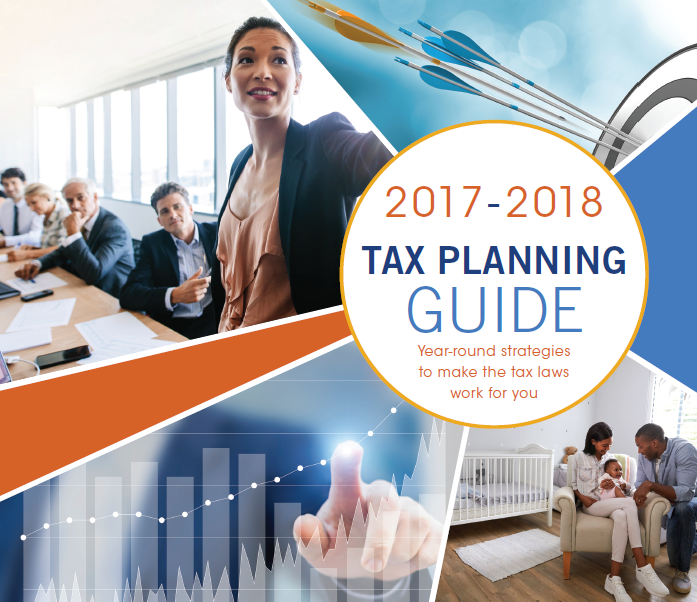CPAs, unlike providers of personal financial services, who are required by law to inform their clients of their policies regarding privacy of client information, have been and continue to be bound by professional standards of confidentiality that are even more stringent than those required by law. At Smoker, Smith & Associates, we have always protected our client’s right to privacy and will continue to use our best efforts to do so in the future. We have adopted a privacy notice similar to that as required by financial services to inform you of our practices with regard to your personal financial information.
Types of Nonpublic Personal Information We Collect
We collect non-public personal information about you that is directly provided to us by you or obtained by us only following your direct written authorization. No other or additional non-public personal information will be collected by Smoker, Smith & Associates absent your written direction or approval.
Parties to Whom we Disclose Information.
For a current and former client we do not disclose non-public personal information obtained in the course of our services for you except as may be required and permitted by law without your written direction. Thus, we may disclose confidential information made in response to a valid Order of Court or authorized agency of the government and always work to establish a legal means to limit such disclosure to only that segment of personal financial information which must be legally required to be disclosed.
We also may disclose information to our employees and in very limited situations and to unrelated third parties who need to know the information for the purpose of assisting us in providing professional services to you. To the extent reasonably possible, we will notify you in advance and disclose to you any non-public personal information provided to any third parties for such purposes. In all such situations, and at all times, we stress the confidential nature of the information being shared to both employees and third parties.
All disclosure of information to persons other than employees or consultants to Smoker, Smith & Associates is performed by the method of transmission as requested by the client. If facsimile is requested, such is sent only after the fax number is verified to be correct and the fax machine is in secure information with appropriate disclosures regarding IRS Circular 230. If transmission is by mail, normally certified mail or nationally recognized delivery service will be utilized requiring a signature from the receiving party. If information is desired to be transmitted electronically, various and appropriate security devices and practice to prevent improper obtainment or interception of information.
Protecting the Confidentiality and Security of Current and Former Clients’ Information
We retain records relating to professional services that we provide so that we are better able to assist you with your professional needs and, in some cases, to comply with professional guidelines. Such records are retained, however, for so long as necessary to fulfill the stated purposes of our engagement and thereafter either destroyed or returned to the client as directed. In order to guard your nonpublic personal information, we maintain physical, electronic, and procedural safeguards that comply with our professional standards.
WE DO NOT DISCLOSE ANY NONPUBLIC PERSONAL INFORMATION ABOUT YOU TO ANYONE FOR ANY PURPOSE THAT IS NOT SPECIFICALLY PERMITTED BY LAW OR SPECIFICALLY DIRECTED BY YOU.
Smoker, Smith & Associates retains the right and obligation to update this privacy policy at any time without advance notice. If you have any questions regarding this privacy policy, our professional ethics and/or the ability to provide you with quality financial services, please contact us immediately.










